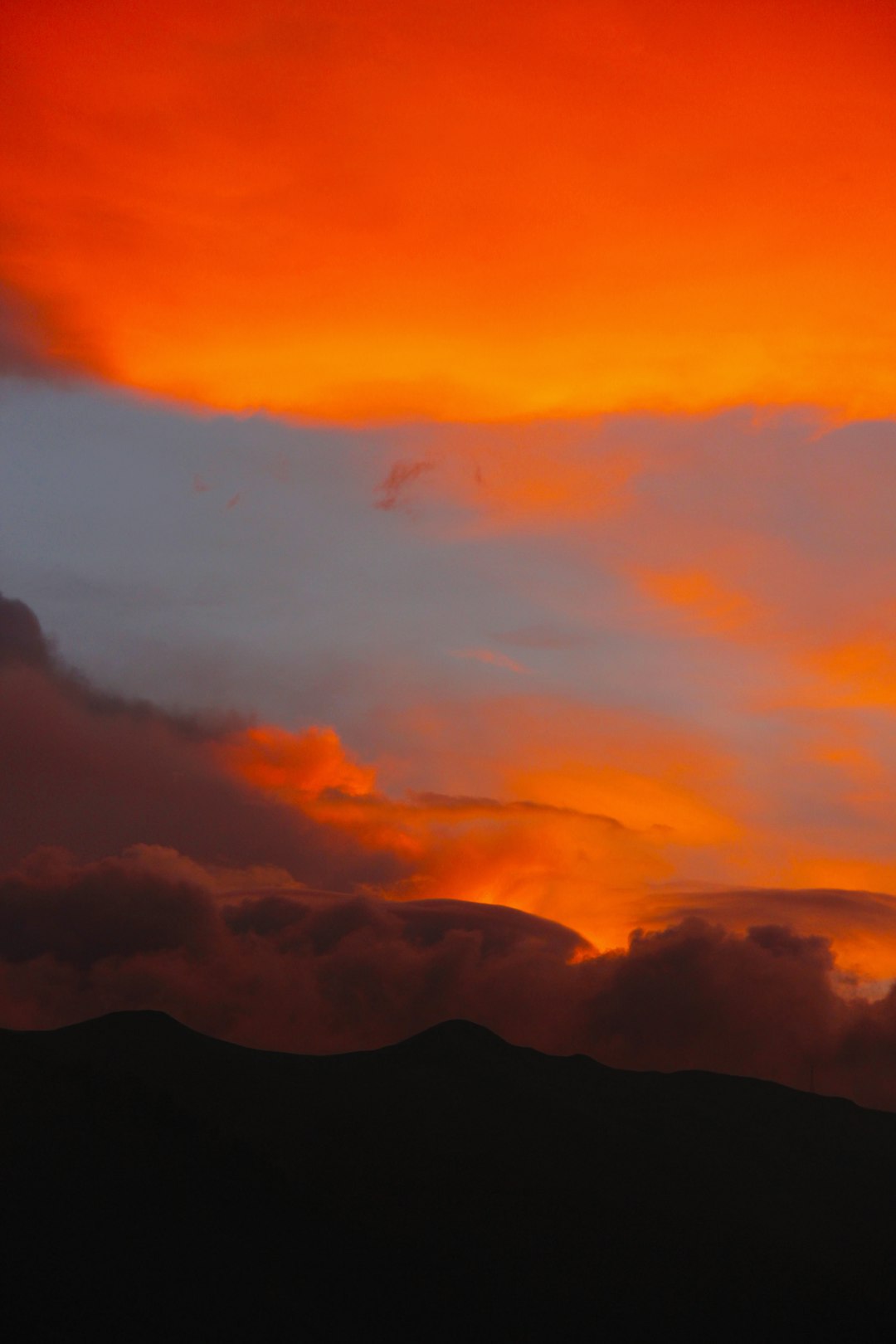A Standing Date with Dusk
Natural forces are social forces, and we are nature.

Slowly, slowly, the days grow longer. The chickens get a few more moments of evening light each night, scratching up the leaves on the ground packed flat by winter, waiting until the last rays of daylight fade before heading to their roost.
Twilight is my favorite time of day. The often vibrant colors in the western sky evoke an inner loss and longing, as the heroic warmth of the world slides over the end of the earth, moving on without looking back. Those of us left behind fade into the remaining darkness.
But not without some end-of-the-day bustle. Deer herds wander from the woods into the hayfields, ducks dive bomb from the skies to a soft splash landing on the lake in the yard, the sound of their wings cutting the air causes Sun, our blind dog, to stop, tipping his head upward with interest. I stop too, knowing at least a dozen more ducks will be coming in for the night as well. More skydives and soft splashes pending, followed by dogmatic duck discussions as the water’s surface disappears into shadow.
Biophilia is defined as the innate human instinct to connect with nature and other living beings. The term is derived from the Greek words for “life” and “love or affection;” making its literal translation “love of life.”
Humans instinctively want to seek connections with their natural surroundings. The bond isn’t just emotional, it’s genetic. We require time in our natural habitat. Humans are social beings, and we are shaped by the environment around us. The land, air, and water that surround us are more than natural forces. They are powerful social forces.
And yet, the average American spends 90 percent of their life indoors.
For most of our history, Appalachians have had to defend the natural forces around us. One of our cultural challenges has been an attempt to define the social relationship we have with our ecosystem; the personal relationship we have with ducks, mountain skylines, forgotten hollows with feral streams.
We’ve repeatedly failed to defend our natural friends, our natural resources that have been scientifically proven to provide physical, mental, and spiritual benefits to homo sapiens. Failed to prove their value beyond the commercial dollar.
I don’t know that you can explain your relationship with a mountain or a duck to an urban coal baron. And though over the last 30 years, more and more evidence of nature’s benefits to human health, wellness, and happiness has been documented, there is no way to assign a monetary value to my relationship with twilight as it hovers over the western hillside.
Humans with regular exposure to nature are nicer, happier, healthier, less anxious, less stressed, more grounded. Humans with relationships to their surrounding ecosystem worry less, sleep better, think more clearly, feel a greater connection to the universe.
As a child of the ’70s, a GenXer, I grew up outside. If I were to erase my childhood outdoor memories, I would erase more than half of my childhood. When we were too wound up or too much, we were sent outside, often ordered to be “home by dark,” which might yet be several hours away.
The Industrial Era and the Digital Era have made most of us overly domesticated. Domestication is the process of adapting wild plants and animals for human use, and capitalism has domesticated humans for consumer use. We’ve come to see and use ecosystems as commodities, and have forfeited our evolutionary freedom to enjoy nature for life inside boxes, looking at boxes, cooking from boxes, looking at boxes to order more boxes.
I’m beginning to believe many of our country’s problems could be solved by simply getting people out of, and/or off of boxes. Disconnect and step outside — even if only for 20 minutes.
No matter what your burden is, time outdoors will ease your struggles. As the days grow longer, your chance to improve your life just by stepping outside increases. It may still be chilly, but that matters not. Demand your outside moments in life. You don’t have to explain the science, our genetic demeanor, or the value in dollars. Humans are outdoor creatures, and a meandering walk or pause in the porch swing does a body good.
~Lisa



This is brilliant Lisa, illustrates my connection to Almost Heaven, exactly! Thank you!